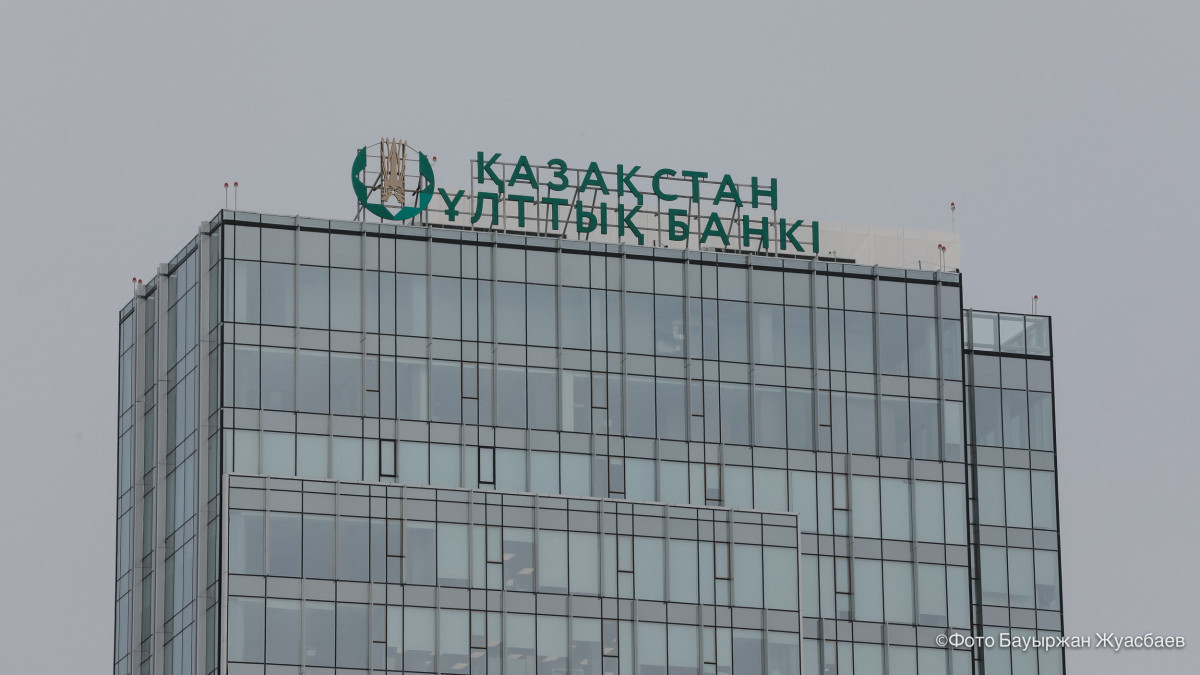National Bank comments on dynamics of tenge by demand for foreign currency

Global financial markets are currently experiencing heightened volatility, triggered by a series of decisions made by the U.S. Presidential Administration. Intensified trade tensions and protectionist rhetoric have amplified market participants’ concerns over a potential global recession, El.kz reports citing nationalbank.kz.
Markets have responded with a sharp decline in risk appetite and a drop in the value of risky assets. Major U.S. stock indices are exhibiting negative dynamics. Oil prices have also seen a significant decline.
As of April 7, oil prices dropped by 14.1% over the week from March 31 to April 7, 2025, falling below $65 per barrel — for the first time in four years. Additional pressure on oil is exerted by the OPEC+ decision to accelerate the removal of previously imposed production limits, as well as Saudi Arabia’s announcement of a $2.3 per barrel price cut for all grades of oil for Asian buyers — the largest reduction since October 2022.
Amid declining oil prices and rising global uncertainty, the currencies of emerging markets and commodity-based economies are showing signs of weakening. The EM currency index weakened by 1.8% over the week (from March 31 to April 7, 2025). The South African rand depreciated by 7.3%, the Russian ruble by 3.8%, the Brazilian real by 3.5%, the Indonesian rupiah by 1.5%, and the Mexican peso by 1.1%.
Reflecting increased global market volatility and the negative dynamics of its key export commodity, the exchange rate of the tenge on the KASE stood at 519.12 tenge per U.S. dollar on April 7, weakening by 2.7% compared to the previous trading day (tenge weakened by 2.9% over the week). The national currency is under pressure from external factors, including increased demand for foreign currency from non-residents due to a deteriorating global risk sentiment.
The surge in demand has also been reflected in increased trading volumes: on April 7, the volume of operations on KASE amounted to USD 456.4 million — nearly double the average daily volume since the beginning of the year.
The national currency is supported by foreign currency sales by the National Bank, carried out as part of budget transfers and to ensure monetary neutrality with respect to purchases of refined gold, in the previously announced volumes.
The National Bank is not conducting interventions in the foreign exchange market and is closely monitoring the situation and, if necessary, stands ready to take appropriate measures to prevent destabilizing exchange rate fluctuations.
 Subscribe to our Telegram channel and be the first to know the news!
Subscribe to our Telegram channel and be the first to know the news!